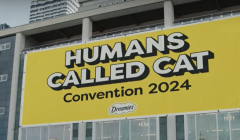
Dreamies investigation proves that the treats are irresistible to cats
The campaign by Adam&EveDDB concludes that the only cats who don’t love the pet treat are human Cats
Managing Partner of Anomaly

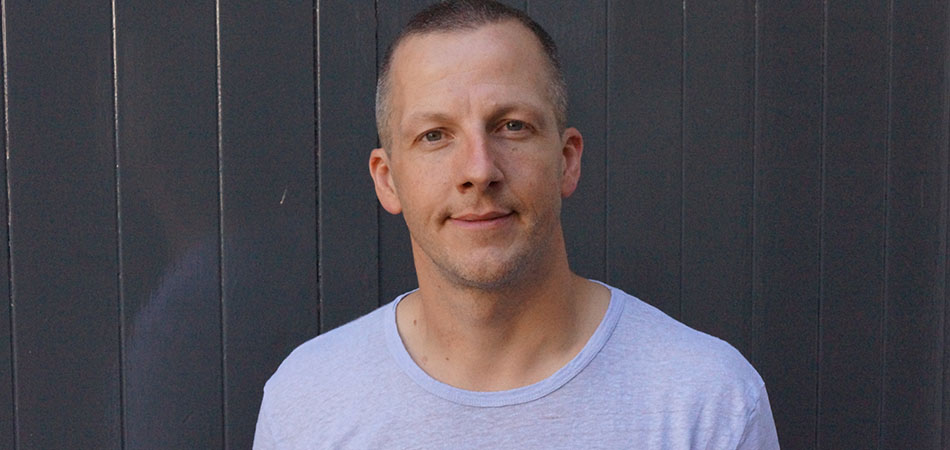
Career to date:
1993 - Saatchi and Saatchi (Account Executive)
1995 - BMP DDB (Account Director)
2000 - Lowe London Board (Account Director)
2005 - Nike UK (Head of Brand Communications)
2007 - Sony Europe (Vice President Marketing Communications)
2012 - Anomaly London (Managing Partner)
Ben Moore: To ensure we deliver the most creative and entrepreneurial solutions to our clients’ business challenges, whether that’s a product or service innovation, documentary or a comms campaign.
Ben Moore: I was lucky enough to start as a graduate at Saatchi & Saatchi in 1993 when it was one of the leading ad agencies in London and a great place to learn the business. BMP DDB and Lowe followed and included some memorable work for Sony and Unilever’s Sure.
After 12 years, I was becoming frustrated by the limits of advertising and wanted a broader outlook. In 2005, I left agency life to become Head of Brand Communications at Nike UK and led the development of fully integrated experiences like Run London (North v South is still one of my favourite examples of brand engagement) alongside some powerful and disruptive ads, such as the controversial ‘St Wayne’ for the 2006 World Cup.
I then had the chance to join Sony Europe as Vice President for Marketing Communications, where I really learnt what it means to be a senior client tasked with transforming an organisation’s output to reflect the changing media landscape. It was then that I became aware of Anomaly.
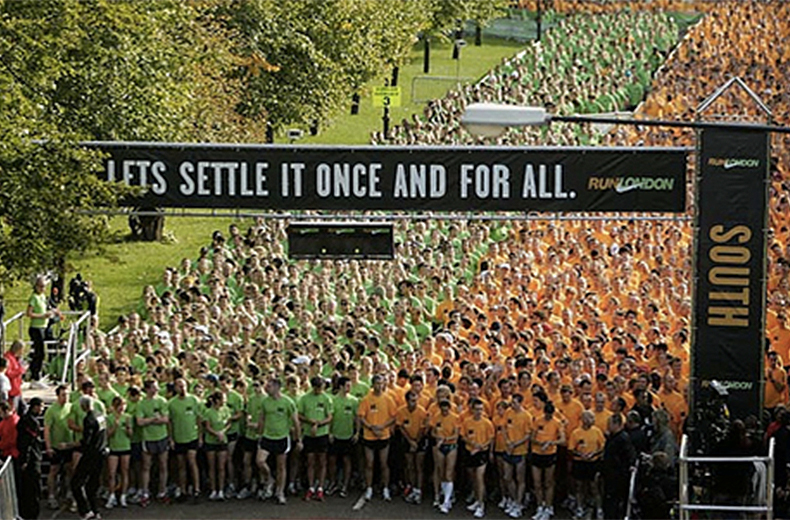
Ben Moore: Anomaly’s business model was conceived to disrupt the industry norm and focus on creating business solutions that aren’t restricted by legacy structures or self-interest. This model gives us the freedom to think about the business problem (as opposed to any one channel), and was a critical part of why I decided to join Anomaly.
Ben Moore: Our industry has always been populated by impressive people at every level and the expansion that we’re seeing is only creating opportunities to bring more brilliant people into the mix from other disciplines.
I’m particularly interested in those companies that are successfully evolving their business for the digital era. Growing up, I couldn’t get enough Lego, so it has been great to get to know some of the team over in Billund given what an amazing job they’ve done of keeping an analogue product relevant to a digital generation.
Ben Moore: I can’t reveal much, but we’ve been working on some radical business and product innovation for Universal Music. The recent Budweiser ‘Open Trials’ activation of the FA Cup (in which the brand enabled amateur players to take a final shot at realising their dreams of turning pro) has been really successful in maximising a minimal budget. We’ve also done some really interesting work on multi-channel retail with Nike this year.
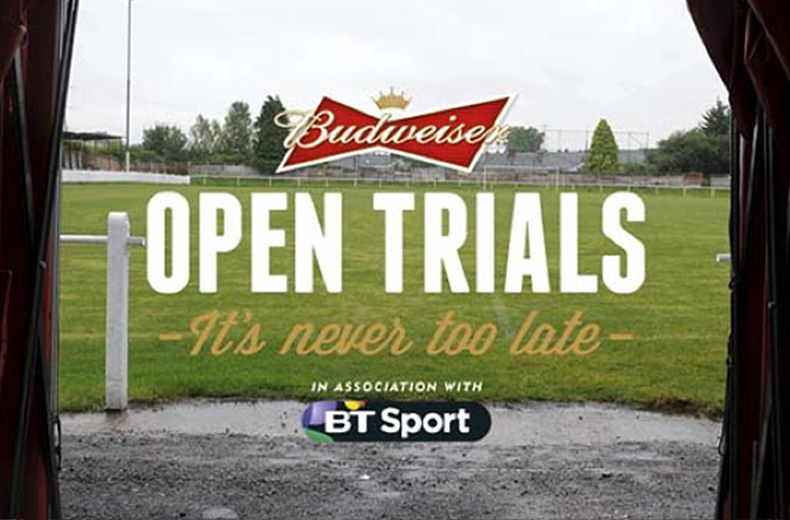
Ben Moore: It’s a great time to be in marketing and I’m particularly excited by brands who are applying technology in useful ways that create new relationships between the product, service, consumer and brand. For example, I’m a mountain biker, and platforms like Strava and Garmin Connect are evidence of how much more interesting and innovative marketing has become.
Ben Moore: Genuinely, the vision and ambition of the partners and staff around the Anomaly network.
My two daughters who constantly remind me of the value of keeping things simple.
Vincent ‘Bo’ Jackson.
(Not necessarily in that order).
Ben Moore: We produce a bi-weekly summary of what’s new in the world of brands, tech and culture to share within the agency.
Beyond that, my go to source (present company accepted of course) would be Twitter. And Johnny Vulcan.
"Getting all those minds and skillsets working constructively together can be challenging unless you’ve got highly capable, curious people with diverse talents who can collaborate without ego"
Ben Moore: We’re doing a project with our Google clients on the potential of YouTube for marketeers and every time I see the work I’m staggered by the audiences and influence of the YouTube creators. They’re proof of how compelling it is to others to have a real passion for something, as well as how much you can achieve if you really commit.
Ben Moore: Since its inception, Anomaly has been driven by the view that, in the new landscape, the traditional definition and process of creativity has to be broadened in order to accommodate all disciplines, particularly comms strategy.
Getting all those minds and skillsets working constructively together can be challenging unless you’ve got highly capable, curious people with diverse talents who can collaborate without ego.
Large traditional agencies will also continue with the struggle to become more diverse and agile while meeting the demands of their existing cost-bases and ingrained processes.
And ironically (given my last point) for smaller agencies, meeting the requirements of procurement managers while still offering the entrepreneurialism and new client/agency models that clients are increasingly looking for, will continue to frustrate.
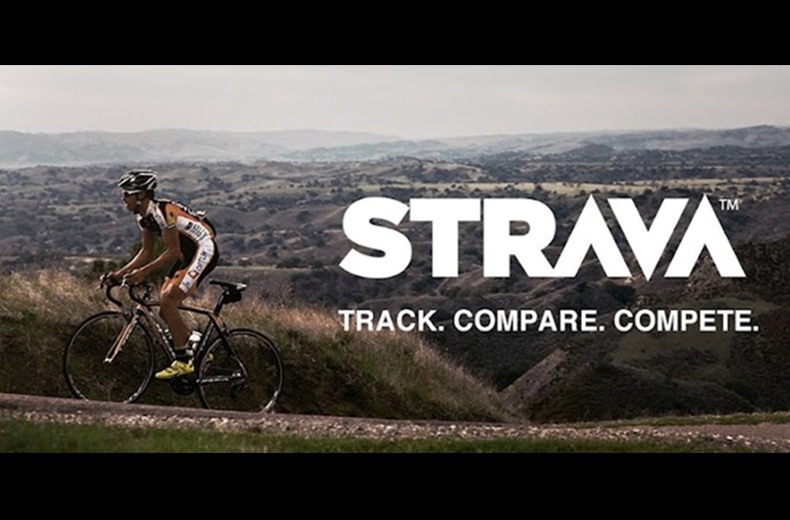
Ben Moore: The first thing to say is that the new landscape is one of endless exciting possibilities for brands who share our view that everything is a potential media opportunity.
But in terms of current media, print will probably need to re-invent itself if it’s to survive, broadcast TV will become irreversibly disrupted by time-shifting, social will increasingly become more vertically fragmented (and more interesting for it), and the ongoing proliferation of media platforms and personal ‘screens’ of different sizes and different roles in people’s lives, will continue the need for a more strategic approach to “integration”.
"It’s a great time to be in marketing and I’m particularly excited by brands who are applying technology in useful ways that create new relationships between product, service, the consumer and the brand"
Ben Moore: It all depends on how the process is conducted. When the client team can roll up their sleeves and genuinely engage with the agencies throughout the process, the traditional pitch can be constructive and lead to meaningful, positive change. More often though, clients are just too busy to give that time to each agency and the whole process becomes a sub-optimal time suck for everyone.
I’d rather see clients spend more time getting to know agencies and the people – the way they think and work – and then choose one to work closely with on a real task and see how that goes. It’s a collaborative process after all that can only really achieve success if both sides are committed to go on a journey together to get to the best answer.
Ben Moore: It was for the launch of a female oriented social community site in the late 90’s (when I was at BMP). We got to the idea after three workshops with the client over the course of 10 days. The idea was so well understood – and its ownership shared – that by the final presentation the meeting was an unnecessary formality.
Ben Moore: Lose its ego and become more commercially minded.
Ben Moore: We’ve got a mix of things coming through at the moment but the big thing on the horizon is crate packing. We’re moving to a new building.
With developments in data, neuroscience and behavioural analytics – how should marketers ensure they are using these tools to their full potential? Do you have any work that you are particularly proud of or is there a brand you admire who’s getting it right?
Data’s obviously only going to become more and more central to marketing and brand behaviour, but the challenge for marketeers will therefore remain as it always has – to understand what of that data is meaningful and useful.
Since Anomaly is built on a principle of Value Based Remuneration, identifying and utilising data and analytics as tools to effectiveness is a priority for us and allows us to be accountable for our work. It’s been central to the success of the work we’ve done for clients such as Budweiser and Converse.
Looks like you need to create a Creativebrief account to perform this action.
Create account Sign inLooks like you need to create a Creativebrief account to perform this action.
Create account Sign in